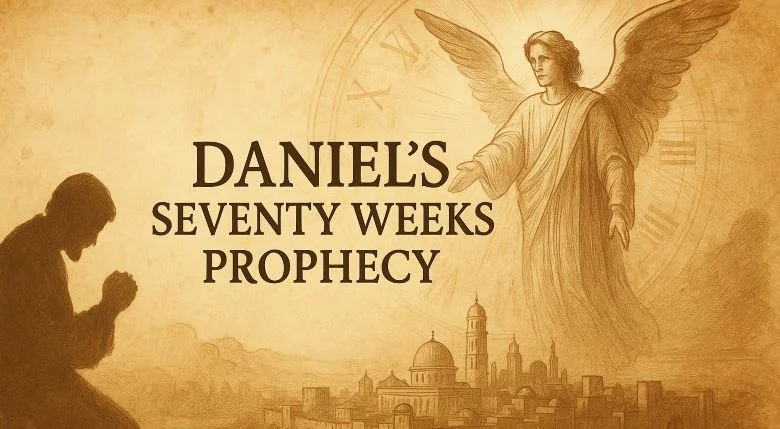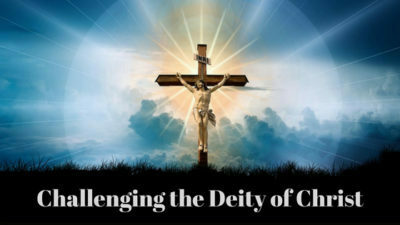Choosing Between Blessings And Curses
Bible Verses: Leviticus 26:3-4, 14-16 (NIV) “If you follow my decrees and are careful to obey my commands, 4 I will send you the seasonal rains. The land will then yield its crops, and the trees of the field will produce their fruit.” “However, if you do not listen to me or obey all these … Read more










